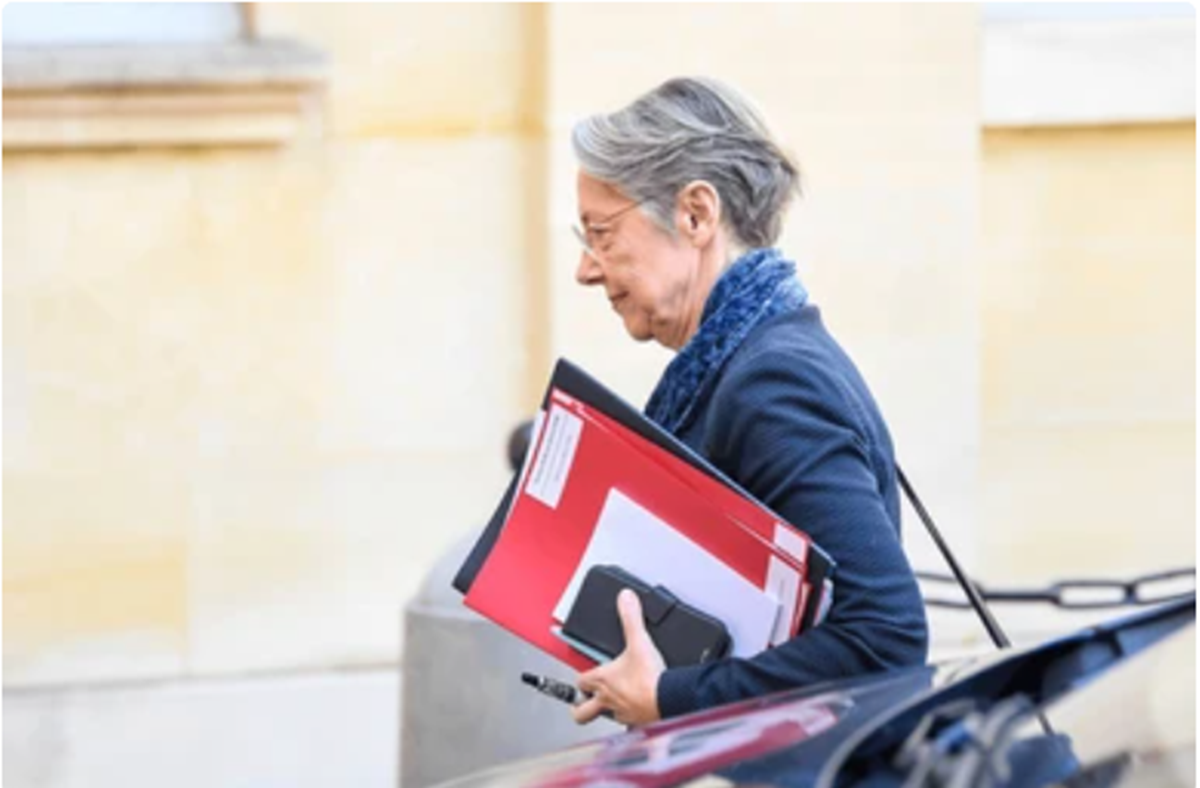Elisabeth Borne, the French Prime Minister, resigned on Monday after less than two years in office amidst political upheaval triggered by a contentious new immigration law. This significant political move comes as President Emmanuel Macron seeks to reinvigorate his administration ahead of the looming European Union elections in June and as he approaches the latter half of his term, which is set to end in 2027.
Appointed in May 2022 following Macron’s reelection, Borne’s tenure saw her navigating through a challenging political landscape, including the handling of the recent immigration law. This legislation, aimed at enhancing the government’s power to deport certain foreigners, sparked substantial debate and was only passed after Macron’s centrist alliance struck a deal with the conservative Republican party. This alliance was perceived as a shift to the right, raising concerns about the government’s capability to enact future significant legislation.
In her resignation letter, Borne hinted at the involvement of President Macron in her decision, noting his “will” to “appoint a new prime minister.” In a statement acknowledging her resignation, Macron lauded Borne’s service: “You have implemented our project with state women’s courage, commitment, and determination. Thank you from the bottom of my heart.” This praise was also echoed on X, a social media platform.
Borne’s stint as prime minister was not without challenges. Her administration grappled with mass protests, notably those against the unpopular pension changes and riots following a fatal police shooting. These events underscored the volatility of France’s political climate and the pressures faced by its leaders.
As France awaits the appointment of a new prime minister, the focus turns to the direction Macron will take in shaping his government and the strategies he will employ to navigate the complexities of domestic and European politics. Borne’s departure marks not just a change in leadership but also signifies a critical juncture for Macron’s presidency as he prepares for the upcoming European Union elections and the remainder of his term.
Elisabeth Borne’s resignation, while indicative of the current political challenges in France, also opens the door for President Macron to recalibrate his government’s approach. The appointment of the new prime minister will be a crucial indicator of the path Macron intends to take as he balances domestic policy needs with his broader European ambitions.







